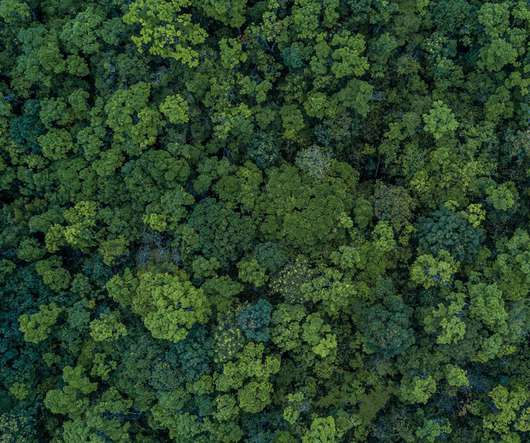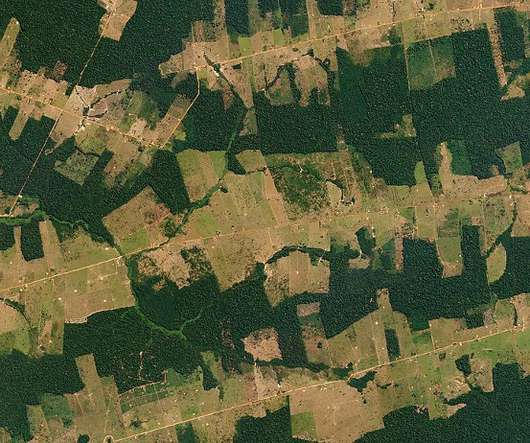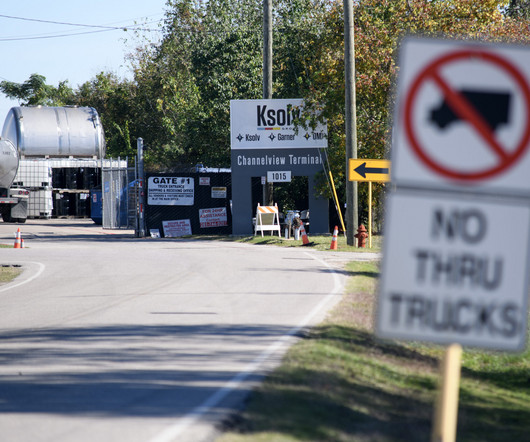New research reveals ‘megatrends’ that will affect forests in the next decade
Envirotec Magazine
DECEMBER 1, 2020
These are likely to have major consequences – both positively and negatively – over the coming decade, says the group. They are also home to much of the world’s biodiversity, and regulate key aspects of the carbon cycle. Around the world, 1.6 Use of digital technologies.
















Let's personalize your content